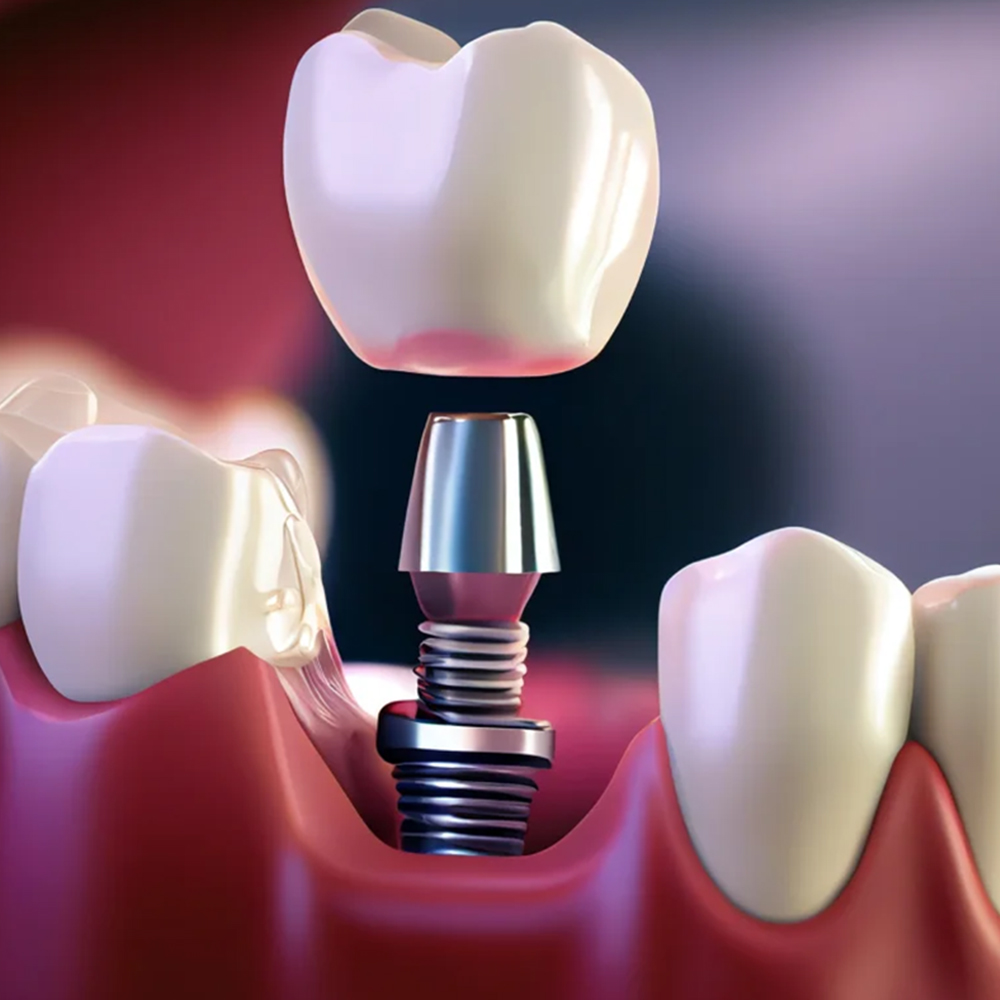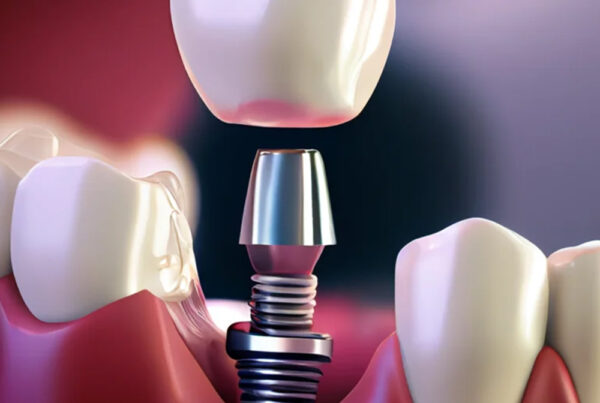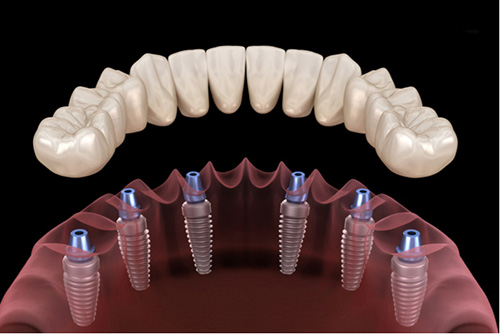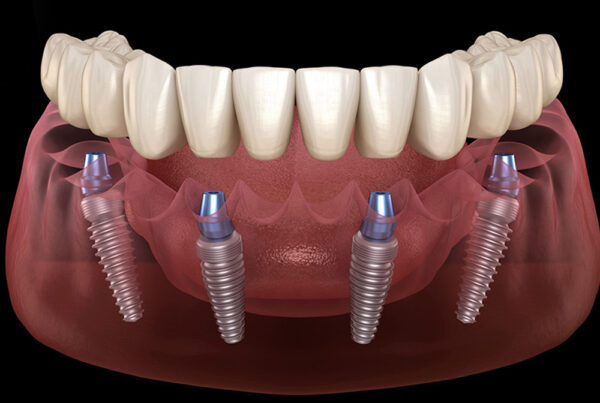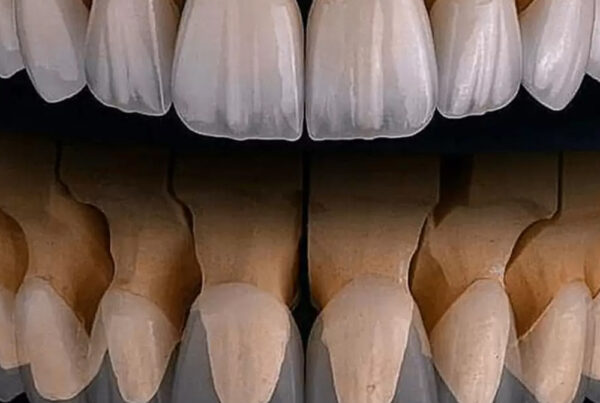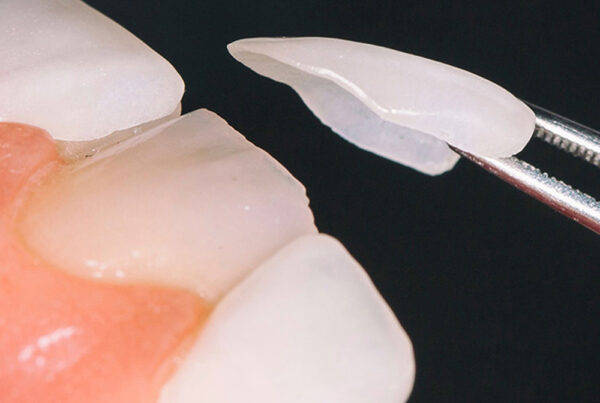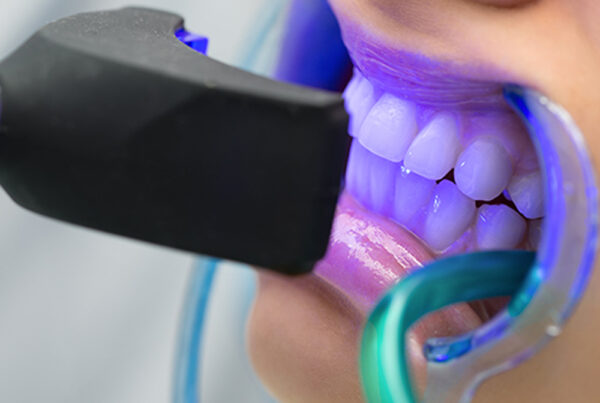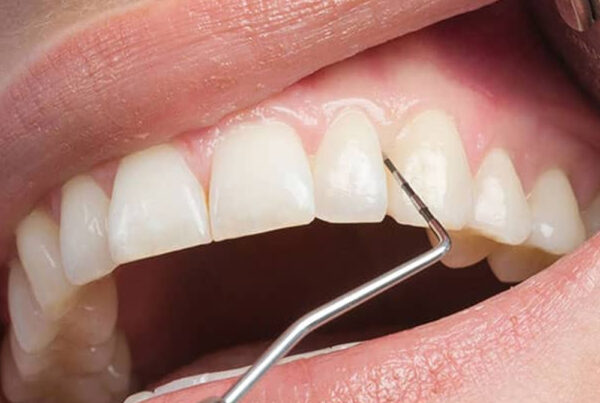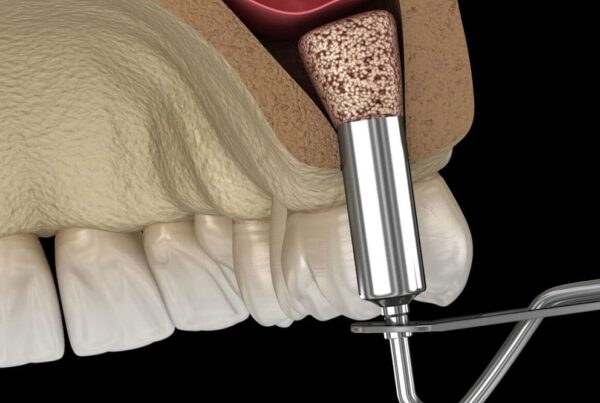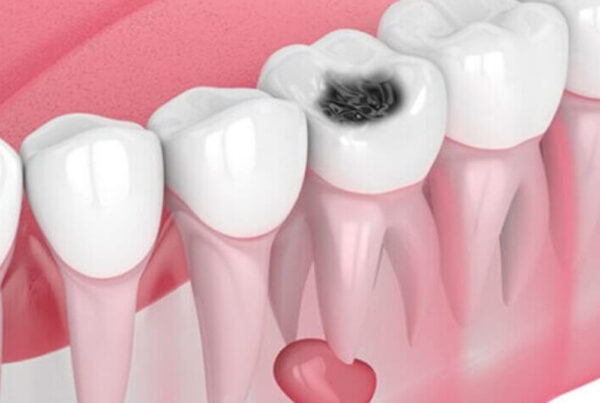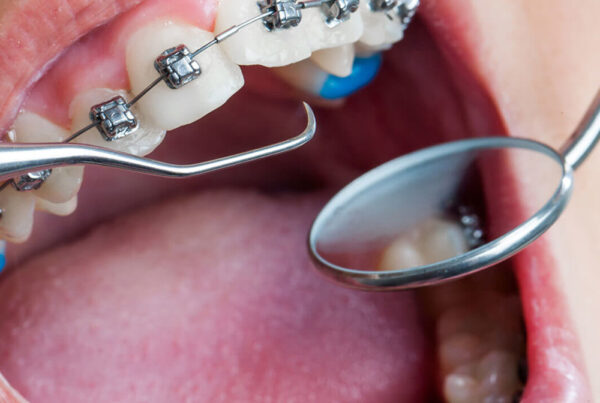Dental Implants: A Permanent Solution for Missing Teeth
Dental implants are a revolutionary treatment option for individuals with missing teeth, offering a permanent, durable, and natural-looking solution. Whether you are missing one tooth or several, dental implants can restore both the function and aesthetics of your smile, improving your overall quality of life.
What Are Dental Implants?
A dental implant is a small titanium post that is surgically placed into the jawbone to act as an artificial tooth root. Over time, the implant fuses with the bone through a process called osseointegration, creating a stable and secure foundation for a prosthetic tooth (crown), bridge, or denture. This process mimics the natural tooth structure and provides a long-lasting, fixed solution for tooth replacement.
Key Benefits of Dental Implants:
- Permanent and Durable: Dental implants are designed to last a lifetime with proper care, making them one of the most reliable solutions for missing teeth.
- Natural Appearance: The crowns attached to the implants are custom-made to match the shape, size, and color of your natural teeth, ensuring a seamless, natural-looking smile.
- Restored Functionality: Implants allow you to eat, speak, and smile confidently, as they function just like natural teeth. Unlike dentures, they won’t slip or cause discomfort.
- Bone Preservation: Dental implants help prevent bone loss by stimulating the jawbone, similar to how natural teeth do. This preserves facial structure and prevents the sunken appearance that often accompanies tooth loss.
- No Damage to Neighboring Teeth: Unlike traditional bridges, which may require the alteration of adjacent teeth, dental implants do not affect neighboring teeth, making them a more conservative option.
Types of Dental Implants:
- Single Tooth Implants: Used to replace a single missing tooth with an implant and a crown.
- Multiple Tooth Implants: Several implants can be used to support a bridge or partial denture for multiple missing teeth.
- Full-Arch Implants: Full sets of prosthetic teeth can be supported by a series of implants (like All-on-4, All-on-6, or All-on-8) for those missing all teeth in one or both arches.
The Implant Procedure:
- Consultation and Planning: The process begins with a thorough evaluation, including X-rays or 3D scans, to assess your jawbone’s health and determine the best treatment plan.
- Implant Placement: During the surgical phase, the dental implant is placed into the jawbone. Depending on your individual case, a temporary crown may be placed on the same day, or the area may need time to heal before the final restoration.
- Healing and Osseointegration: Over the next few months, the implant fuses with the bone, providing a secure anchor for the prosthetic tooth or teeth.
- Final Restoration: Once the implant has fully integrated with the bone, a custom-made crown, bridge, or denture is attached, completing the restoration process.
Who Is a Candidate for Dental Implants?
Most individuals who are missing one or more teeth are candidates for dental implants, provided they have sufficient bone density and healthy gums. In cases where there is insufficient bone, bone grafting may be an option to support the implant.
Conclusion
Dental implants provide a permanent, natural-looking, and reliable solution for tooth loss, offering patients the opportunity to restore their smile and improve their overall oral health. With the right care, dental implants can last a lifetime, making them a wise investment in your long-term well-being.

